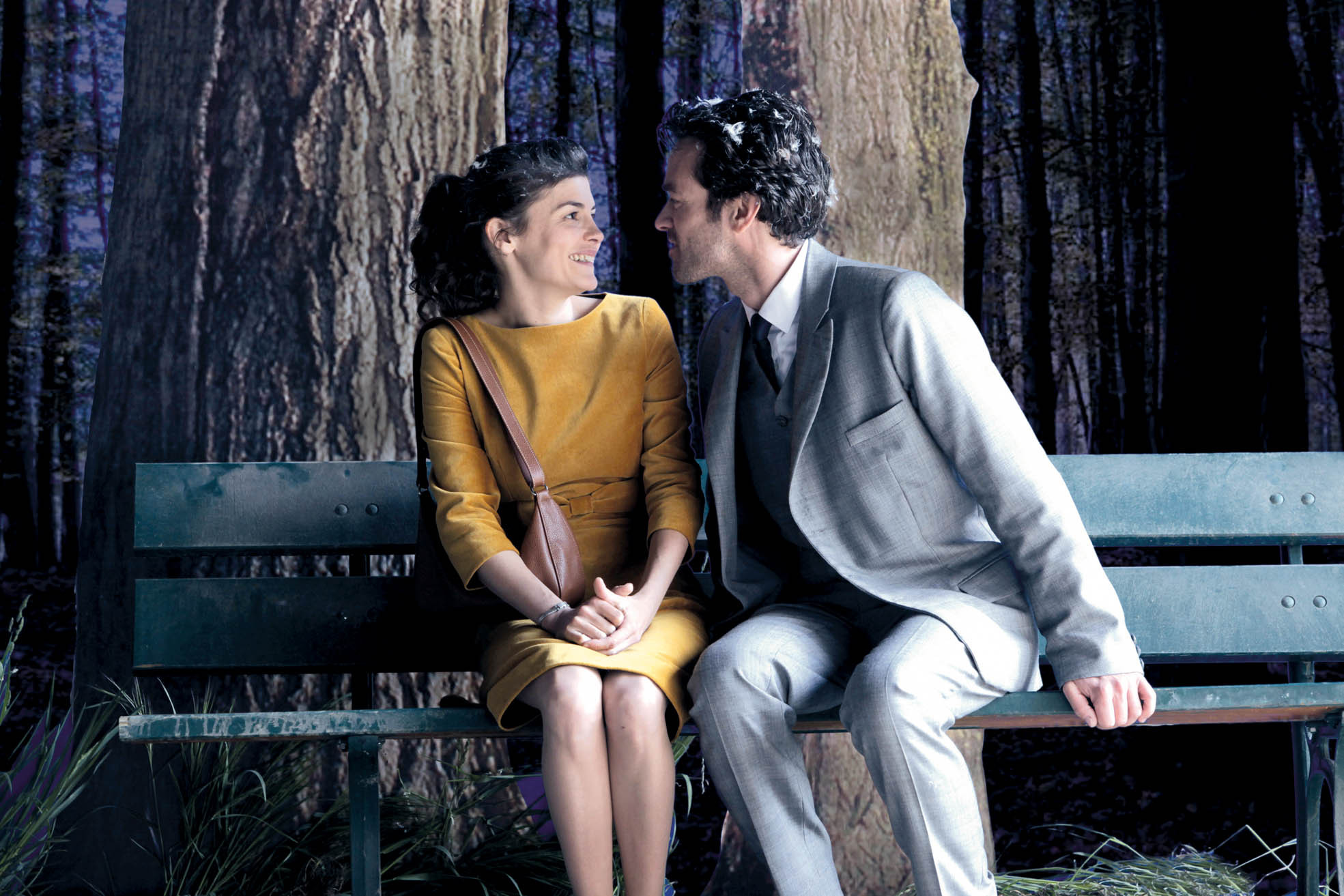In politics, kindness can get you killed. The political arena is so full of ruthless handlers, advisors and media workers that it takes a certain level of conviction just to complete a campaign. What is lost along the way ends up revealing character that simmers below the surface of suits and grins.
The Ides of March, directed by and featuring George Clooney, is based on a stage play called Farragut North. The play was inspired by 2004 Democrat hopeful Howard Dean, yet Clooney’s candidate Mike Morris borrows optimism and the iconography of Barack Obama.
Governor Morris is more of a plot point for Stephen Meyers, the campaign handler played by Ryan Gosling. Philip Seymour Hoffman depicts his mentor, Paul Zara, wonderfully, while the campaign’s chief rival, Tom Duffy, is played by Paul Giamatti. These two make a type of “old guard” of the political world: hard working, jaded and a little pudgy. Meyers is awash in the belief that Morris can offer real change.
As far as political thrillers go, this one operates outside of Washington. Set on the campaign trail for the Democratic primaries, the action revolves more around the office spaces and hotels of the campaign team than the speeches of Morris. In fact, the good looks of Clooney serve as stock, a basis to play off the darker parts of his character. The action of the film is with the handlers, not the politicians.
Gosling plays the role of Meyers tight and with confidence. He is keeping the campaign together. In a telling scene of his influence, Meyers is quizzing Morris on his platform points and Morris will not answer until a list is printed off for him to read from. Meyers has much of the power.
As the plot progresses and intrigue unfolds, we see a grimy underside to all the glad-handing shown before. Zara has to do dirty work for Morris in order to secure votes, whereas Meyers is sent down a path that takes him further from whatever optimism he held at the start of the film.
Meyer’s descent into competitive politics sets the viewer on edge. Having attractive people doing ethically unattractive things drives tension. Sure, having Tom Duffy gloating in the sabotage attempt of Meyers is one thing, but when Meyers has to play fixer to the problems of the campaign, things start to feel slimy. We expect certain things from people, and in turn we are disappointed when shown the truth.
But therein lies the rub — what is shown was always a possibility. Meyers, as ideal as he comes across, has always had something sinister below his surface. The path to victory calls for compromise from everyone involved. The question left for the viewer: Does winning justify the cost?
Political thrillers of this caliber aren’t too common. Words are weapons, slight missteps cost people careers. Although the violence is mostly verbal, there is a strong undercurrent of tension. Due to the subtle and shifting nature of politics, every action made seems to be teeming with metaphor and consequence. This driving nature of the plot keeps the viewer in the midst of a cerebral kind of action. In a way, this foray into the background of career politicians gives the armchair pundit something to delve into.



